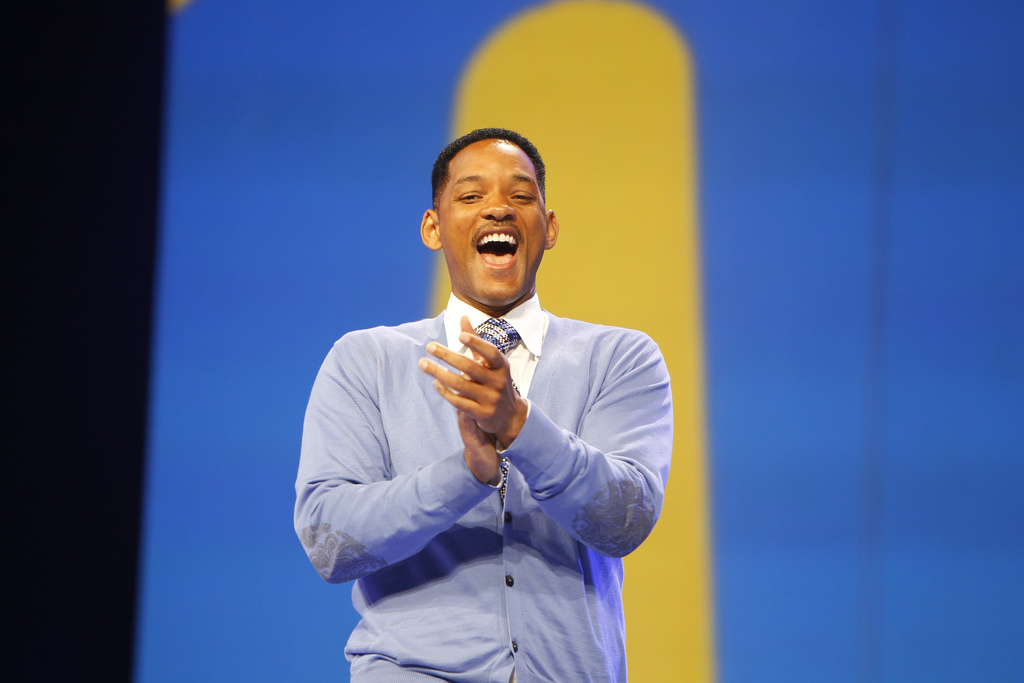People often underestimate how important a trailer can be to a film’s success. It gives the audience their first taste of what to expect from an upcoming production, whether it’s showcasing thrilling new effects or big twists that a hero will encounter upon their quest.
Sometimes the marketing team can let the product down, like with Scott Pilgrim vs. the World, and other times the trailer often is better than the movie itself.
These days, fans are so excited for trailers that the company can release a teaser for the trailer to get them hyped up.
Trailers can be the studio’s way of making promises to the audience that their film release will be worth seeing, and occasionally, even messing with their expectations can enhance the cinematic experience.
However, there can be cases like Collateral Beauty, where hiding certain details of the plot in the trailer makes it feel like the studio lied to their audience about what they were about to see.
“The movie certainly succeeded in making Howard a relatable character, but not for the right reasons.”
It doesn’t take long, as you find out how much the trailers for this failed December Oscar Bait movie deceived you within the first 20 minutes.
The trailers made it appear that Will Smith’s character, Howard Inlet, would go on this emotional spiritual journey after the death of his daughter and talk to the embodiments of Love, Time, and Death.
His colleagues, portrayed by Edward Norton, Michael Peña, and Kate Winslet, would support him while dealing with their own internal family struggles.
Instead, the supportive colleagues seen in the trailer are also Howard’s business partners who think his clinical depression after his daughter’s death means he’s unfit to continue working with them.
They hire three struggling actors to talk to Howard as the embodiments of Love, Time, and Death after a private investigator they hired inherits evidence of Howard writing to these three concepts.
They plan for the investigator to film Howard’s conversations with the actors on her iPhone and then digitally erase the actors to make it look like Howard’s talking to no-one. Thus they’ll have evidence that he’s mentally unbalanced.
The actors prepare for their roles by spending time with their employers and aiding them in their own family issues. Meanwhile, Howard attends group therapy and bonds with a woman also going through some hard times.
You’d think after seeing the starring roles that this film would get at worst a 40% on Rottentomatoes. And to be fair, the actors in this movie do a fine job with their parts and try to squeeze some sensible emotion out of this picture, but it’s overshadowed by the fact that this film is a cynical, nonsensical, disjointed, and corny mess, earning it a mere 12% on the site instead.
The plan to get Howard fired from his job is beyond ridiculous. How is a private investigator or simple office worker supposed to magically edit people out of an iPhone video without the use of green screen or multiple takes? Your guess is as good as mine.
What makes the premise emotionally unsatisfying is that even though each of the workers go through some hardship such as one getting the trust of his daughter, or another telling his family he has cancer, they don’t feel like they change as people when it comes to the film as a whole.
I get that it’s difficult to balance a number of characters portrayed by critically acclaimed actors, but there only had to be one, simple change made to them to make the journey feel more rewarding: make them stop.
Despite the workers going through similar poignant trials to Howard, they still are insistent on getting a guy who just lost his daughter fired for personal gain.
“An hour and a half of mean-spirited monotony.”
The workers don’t attempt to relate to Howard’s situation, show a lot of regret toward what they’re doing, or try nearly any effort toward making him feel better aside from maybe hoping that the actors completely unrelated to him can maybe knock some sense into him.
But even if Howard does change his outlook on life from these visits, they’re still intent on humiliating him and putting him in a more difficult financial situation than paying for his daughter’s funeral.
It doesn’t help that at times, Edward Norton’s character felt more like the central focus of the movie with his amount of screen time. Sure, trying to make it up to his daughter for being a mediocre parent and an unfaithful husband can be a compelling plotline, but that story loses its edge because it is pitted against multiple storylines that came out of another mean-spirited decision from Norton’s character made.
The strength of the movie primarily comes from Will Smith’s scenes. Perhaps it would’ve been easier to connect to his character if there were more flashbacks of him with his deceased daughter, but he still does well with the material he’s given.
And it’s not like the moral that his character learns is harmful (it’s actually pretty endearing). It’s lessened, however, when it’s put next to a cheesy ending that has a haphazard twist and doesn’t justify sitting through an hour and a half of mean-spirited monotony.
Any emotional impact Collateral Beauty sets out to make with the revelations made by the main character are undermined by the fact that it’s all from a set-up for financial gain by people who Howard once thought of as friends.
The movie certainly succeeded in making Howard a relatable character to the audience, but not for the right reasons.
